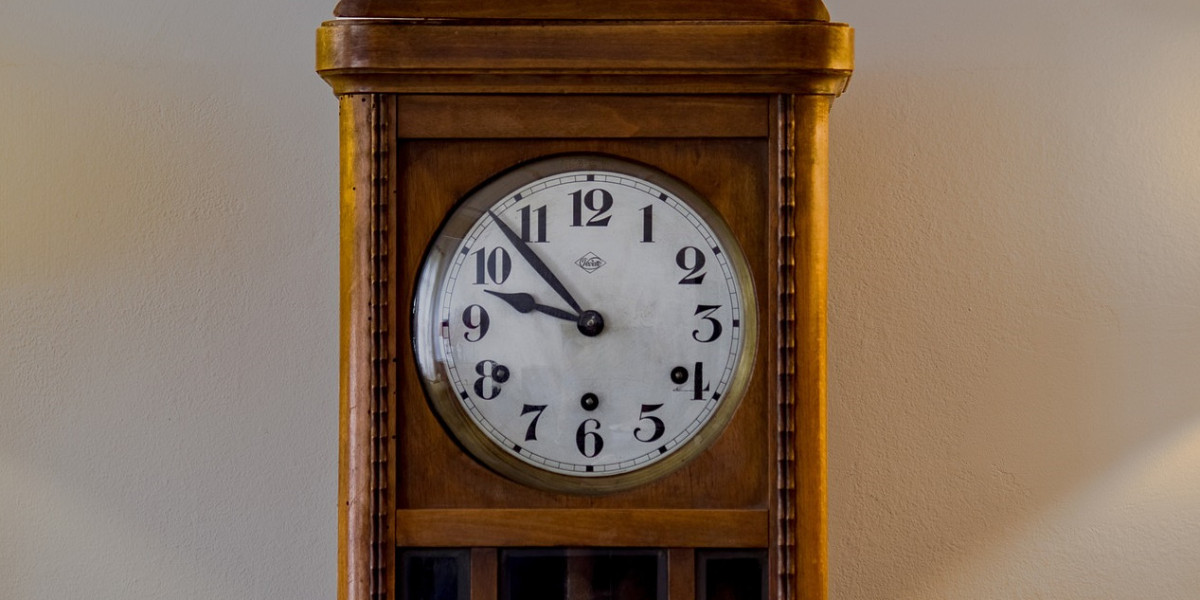Grandfather clocks, also known as longcase clocks, are timeless pieces of furniture that add elegance and charm to any home. They’ve been around for centuries, and while they are known for their durability, they can still experience wear and tear over time. Regular maintenance is key to keeping your clock running smoothly. However, sometimes even with the best care, problems can arise. If you have a grandfather clock, it’s important to recognize the signs that it might need repair.
Here are five key indicators that your beloved timepiece may require professional attention. Read on!
1. The Clock is No Longer Keeping Accurate Time
One of the most obvious signs that your grandfather clock needs repair is if it’s no longer keeping accurate time. Clocks are designed to run consistently, and if your grandfather clock begins to gain or lose time, it could indicate a mechanical issue. This could be caused by a number of things, such as the movement needing to be cleaned or the pendulum being off-balance. In some cases, it could be an issue with the clock’s gears, which require fine-tuning.
If you notice that your clock is losing minutes or gaining time every day, it’s essential to have a professional clock technician inspect the movement. Accurate timekeeping is at the core of a grandfather clock’s functionality, so if it’s not doing that, it’s time for a check-up.
2. The Pendulum is Not Swinging Smoothly or at All
The pendulum is a crucial component in a grandfather clock, responsible for regulating the clock’s timekeeping. If you observe that the pendulum is not swinging smoothly or has completely stopped moving, it’s a clear sign that something is wrong. This issue could be caused by several factors, including a broken suspension spring, a misaligned pendulum rod, or a lack of lubrication.
It’s important to address pendulum issues quickly, as they affect the clock’s overall accuracy. A malfunctioning pendulum can throw off the time and cause further damage to the movement. A clock technician can assess the issue and perform the necessary repairs to get your pendulum swinging smoothly again.
3. The Chimes Are Not Sounding or Are Off-Key
Grandfather clocks are known for their chimes, whether they ring on the hour or play a melody. If you notice that the chimes are not sounding at all, or if they sound muffled, off-key, or out of sync, it could be a sign of a problem with the clock’s chime mechanism. This issue may be caused by dirt, debris, or rust in the chime mechanism, which can disrupt its ability to function properly.
In some cases, the chime rods may need to be cleaned or adjusted, or the hammers that strike them may be out of alignment. If your clock’s chimes are not functioning correctly, it’s important to have a professional address the issue before the mechanism sustains further damage.
4. The Clock Is Making Unusual Noises
While grandfather clocks are known for their steady tick-tock, any unusual or loud noises coming from the clock could be a sign of a mechanical issue. If you hear grinding, clicking, or squeaking noises, it’s often an indication that the gears, wheels, or other components are not properly lubricated or aligned. These noises can also be caused by debris in the movement or worn-out parts.
Ignoring these sounds can lead to more significant damage down the road. A professional clock repair technician can diagnose the source of the noise and perform the necessary maintenance to restore the clock’s smooth operation.
5. The Clock’s Case or Movement Appears to Be Damaged
Over time, grandfather clocks can suffer from cosmetic or structural damage. If you notice any cracks, dents, or warping in the clock’s case, or if the clock seems to be leaning to one side, this could indicate internal damage or that the clock’s weight distribution is off. In some cases, a damaged case can affect the movement or even cause it to malfunction.
Additionally, if the clock’s hands are loose or if they’re not moving properly, it could signal that the movement itself needs attention. In either case, it’s crucial to address cosmetic or structural issues promptly to prevent further damage to the clock’s intricate mechanism.
Your grandfather clock is a beautiful piece of craftsmanship that deserves the right care and attention to keep it running smoothly. If you notice any of the signs mentioned above, it’s a good idea to reach out to clock repair experts, such as The Clock Doctor. These professionals have the knowledge and experience to address any issues your clock may be facing, ensuring it continues to bring joy and elegance to your home for many years. So, don’t wait for small issues to turn into big problems—contact a trusted repair technician and let them help your clock stay in perfect working condition.










